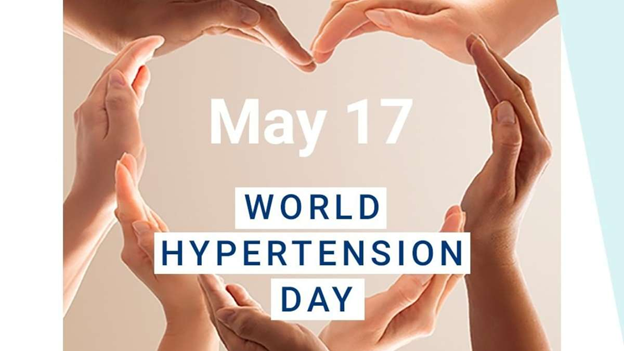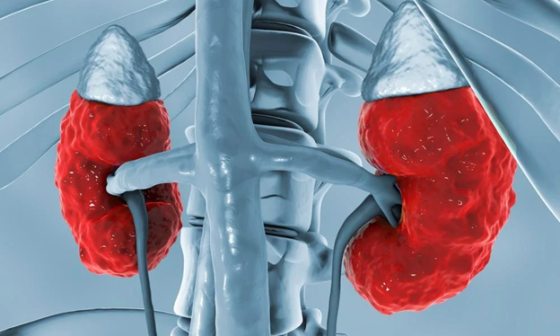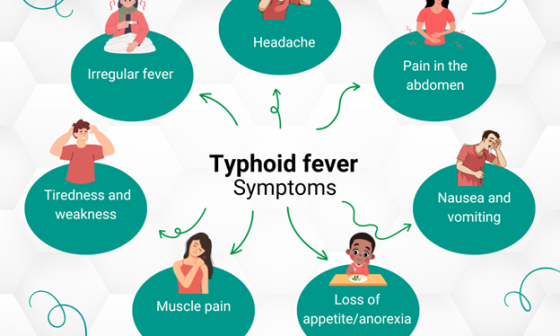Introduction
Hypertension also known as high blood pressure, in Africa, hypertension silently lurks within communities, often unnoticed until it manifests into life-threatening complications. Hypertension is also called silent killer, because of its causes and its prevalence in the world.
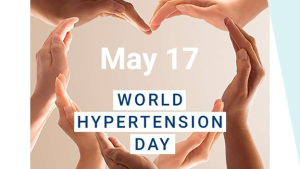
Source: Instagram/Servier_group
Wellahealth Technologies is committed to shedding light on this health issue. In this blog post, Wellahealth explores the burden, causes, complications, and actionable steps to fight hypertension across the continent.
Burden of Hypertension in Africa
Hypertension, affects millions of people globally, irrespective of age, gender, or socio-economic status. As of 2019, the World Health Organization (WHO) reported that over 1.13 billion people worldwide suffer from hypertension, with the burden disproportionately higher in low- and middle-income countries like African countries.
Hypertension has reached alarming rates in Africa as reported by the World Health Organization (WHO), over 130 million Africans suffer from hypertension, with prevalence rates varying across regions. Furthermore, impact and mortality continue to rise in Africa due to healthcare accessibility and affordability, especially in rural communities.
Additionally, hypertension is a leading risk factor for cardiovascular diseases, cerebrovascular accidents (stroke), and kidney failure, which significantly affects morbidity and mortality rates worldwide.
The Numbers
Blood pressure is the force exerted by the blood against arterial walls as the heart pumps. It’s measured in 2 numbers; systolic pressure (pressure when your heart beats) and diastolic pressure (pressure between heartbeats).
A normal blood pressure reading is generally considered less than or equal to 120/80 mmHg (millimetres of mercury).
Hypertension/ high blood pressure is defined as elevated force exerted by blood against artery walls when the heart pumps. Hypertension is classified according to stages:
- Elevated (Pre-hypertension): 120-129 over 80 mmHg
- Stage 1 hypertension: 130-139 over 80-89 mmHg
- Stage 2 hypertension: 140 over 90 mmHg or higher.
Risk Factors and Causes of Hypertension
Hypertension can result from various factors, as various risk factors predispose individuals to hypertension including genetics as seen in blacks, lifestyle choices, and underlying health conditions.
- Unhealthy diet: Consummation of high amounts of sodium, saturated fats, and cholesterol can predispose to hypertension.
- Lack of physical activity: Sedentary lifestyles often lead to obesity, obesity is a significant risk factor for hypertension as it often worsens the outcome.
- Chronic Stress: Chronic stress can elevate blood pressure levels over time.
- Age: Blood vessels naturally become less elastic with age, increasing the risk of hypertension.
- Medical conditions: Diabetes, Kidney diseases (Lupus nephritis, long-term kidney infections, glomerulonephritis), hormonal problems (Cushing’s syndrome, acromegaly, phaeochromocytoma), scleroderma and lupus increase an individual’s risk to developing hypertension
- Genetics: Family history plays a role in hypertension risk. Individuals of black, black-African, or black-Carribean descent are also at risk of hypertension. If there are parents or close relatives who have high blood pressure, it increases an individual’s risk of coming down with hypertension.
Complications of Hypertension
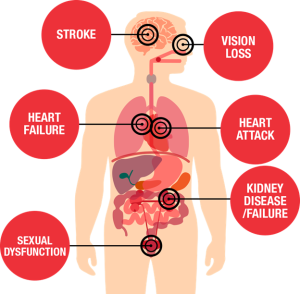
Source: American Heart Association
- Heart disease: High blood pressure can damage the arteries, leading to coronary artery disease, heart attack, or heart failure.
- Cerebrovascular accidents: Hypertension increases the risk of blood clots, which can block blood flow to the brain and cause a stroke.
- Kidney damage: The kidneys filter waste from the blood, but high blood pressure can impair their function over time leading to kidney damage and worsening of hypertension outcomes.
- Vision loss: High blood pressure damages the blood vessels in the eyes, leading to vision problems and even blindness.
- Cognitive decline: People with chronic hypertension have an increased risk of cognitive impairment and dementia.
- Sexual dysfunction: Hypertension has been found to cause erectile dysfunction in men and can contribute to lower libido in women.
Prevention and Control of Hypertension
The mantra “Know your numbers” is the theme for World Hypertension Day 2024, and this emphasizes the need for prevention and control of hypertension to lessen the number of people living with this condition and ultimately decrease complications and mortality from this silent killer.
Knowing your numbers is the first preventive measure as early detection is crucial in managing hypertension. Early detection of high blood pressure ensures early and prompt treatment as hypertension can be effectively managed to decrease the risk of life-threatening conditions.
Blood pressure checks can be done using a personal reliable blood pressure monitor, at a pharmacy shop, or at various health centres/clinics/hospitals.
To effectively prevent and control high blood pressure here are some changes that can be made:
- Maintain a healthy weight: Obesity puts extra strain on the heart and blood vessels, so maintaining a healthy weight is crucial in hypertension prevention and control.
- Adoption of a heart-healthy diet: To control hypertension and ultimately prevent the silent killer, individuals must limit salt intake, and choose fruits, vegetables, and whole grains. Wellahealth offers resources and consultations with registered dietitians and physicians for those living with chronic diseases like hypertension through our health plans and our product Meditrina.
- Stress management: Social activities, yoga, and meditation have been known to reduce stress and aid in the control of high blood pressure. To prevent high blood pressure, chronic stress management is an essential part of lifestyle modification needed to combat this silent killer.
- Exercise regularly: In adopting lifestyle changes, physical activities of exercise should be done, activities include; walking, running, biking, and all forms of moderate-intensity activity. The aim is to enjoy physical activity for at least 30 minutes most days of the week.
- Limit alcohol consumption: Excess alcohol has been found to increase the risk of coming down with hypertension. Limiting alcohol consumption not only controls hypertension but can help in its prevention.
- Quit smoking: Research has shown the detrimental effects of smoking on the cells of the body especially the blood vessels, smoking changes and damages the vessels increasing the risk of hypertension. Individuals who smoke are advised to gradually reduce the habit and eventually stop while those who do not smoke are advised not to so as to help in the prevention and control of many medical conditions including hypertension.
- Medications: Ultimately for an individual who has been diagnosed with hypertension by a healthcare professional, medications would be prescribed to help control the blood pressure and reduce the risk of life-threatening complications. Additionally, lifestyle changes must also be adopted in the control of hypertension.
Conclusion
WellaHealth Technologies is leveraging innovative digital health solutions to bridge the gaps that exist in healthcare access and delivery in Africa. Through mobile health platforms and Meditrina, individuals can conveniently monitor their blood pressure, access personalized health information, and connect with healthcare providers for guidance and support.
Take control of your health and embark on a transformational journey to manage hypertension today via Wellahealth’s Meditrina Clinic. Send a message on WhatsApp today! https://wa.me/+2349082100211.
Dr Ifeoma Uduh, Dr John Afam
